
Crowley's pic works because the #First Couple's relationship is so opaque. And, esp after Obamas, we want more cues. Photo @StCrow #inauguration: image via Reading the Pictures @ReadingThe Pix, 22 January 2017
Reading The Pictures Retweeted Randi Mayem Singer
Reading The Pictures added,
Well,
devilish luncheon pic is more ambiguous ... but leaving @FLOTUS in
driveway like that shoulda gotten him sent back to Blair House.
image via Reading the Pictures @ReadingThe Pix, 22
January 2017
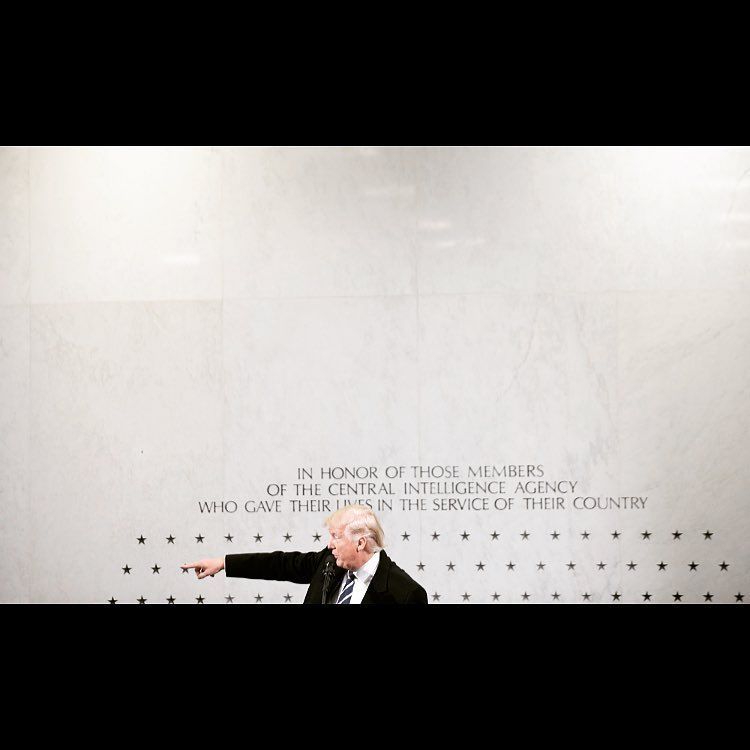
Masterful photo for creation of emptiness, smallness and alignment w the fallen when there wasn't any #Trump #CIA #Langley Photo @olivierdoullery: image via Reading the Pictures @ReadingThe Pix, 22 January 2017

Jeff Mason of Reuters appears stunned by Sean Spicer's blast-and-bolt routine: image via ErikWemple @ErikWemple, 21 January 2017

@seanspicer @PressSec delivers blistering attack on the media from White House podium and leaves without taking questions: image via Jeff Mason @jeffmason1, 21 January 2017

Republican National Committee communications director Sean Spicer (r), in Easter Bunny costume, with costume maker Jonn Schenz (l), after donning the costume at a White House Easter Egg Roll during the Bush II administration: photo via Washington Post, 28
Here is NYT page A1, telling the truth up high about Trump's falsehoods: image via ErikWemple @ErikWemple, 22 January 2017
Spicer,
straight from the dictator's playbook: "These attempts to lessen the
enthusiasm of the inauguration are shameful and wrong.": tweet via ErikWemple @ErikWemple, 22 January 2017
Stanley Kubrick Rosemary Williams, show girl, drinking coffee and smoking a cigarette, 1949: image via aucharbon @aucharbon, 22 January 2017
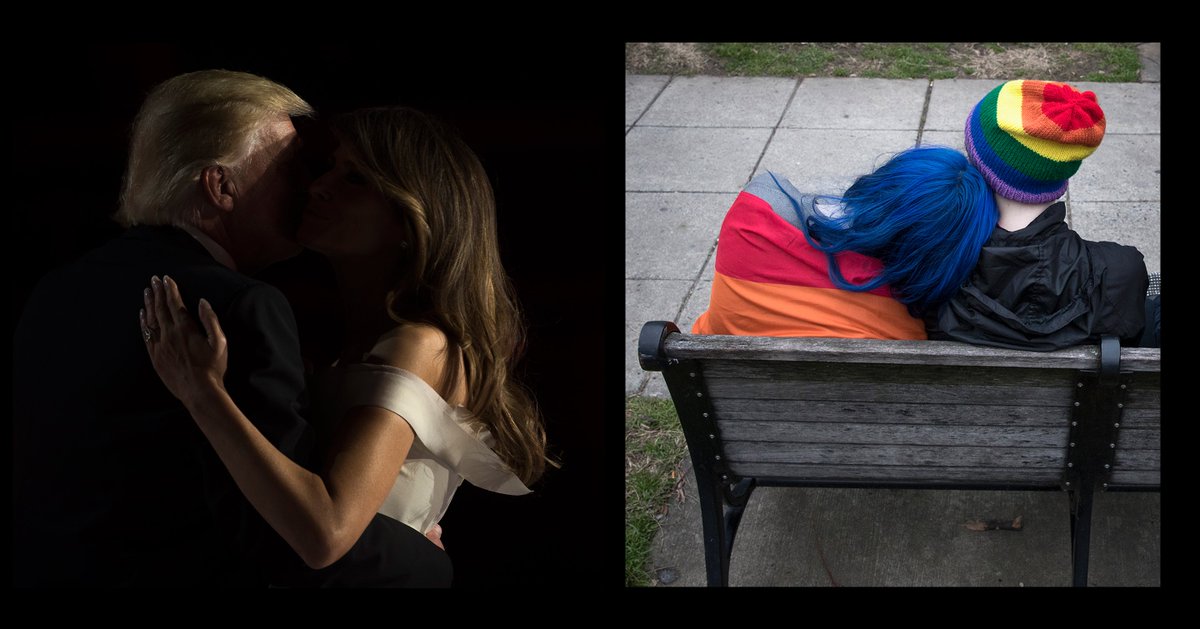
What a difference a day makes. #inauguration #WomensMarch @realDonaldTrump: image via Stephen Crowley @StCrow, 22 January 2017

Next sundays cover #NewYorkTimesMagazine / Photo #DanWinters @NYTmag / designdirector @GailBichler: image via coverjunkie @coverjunkie, 20 January 2017
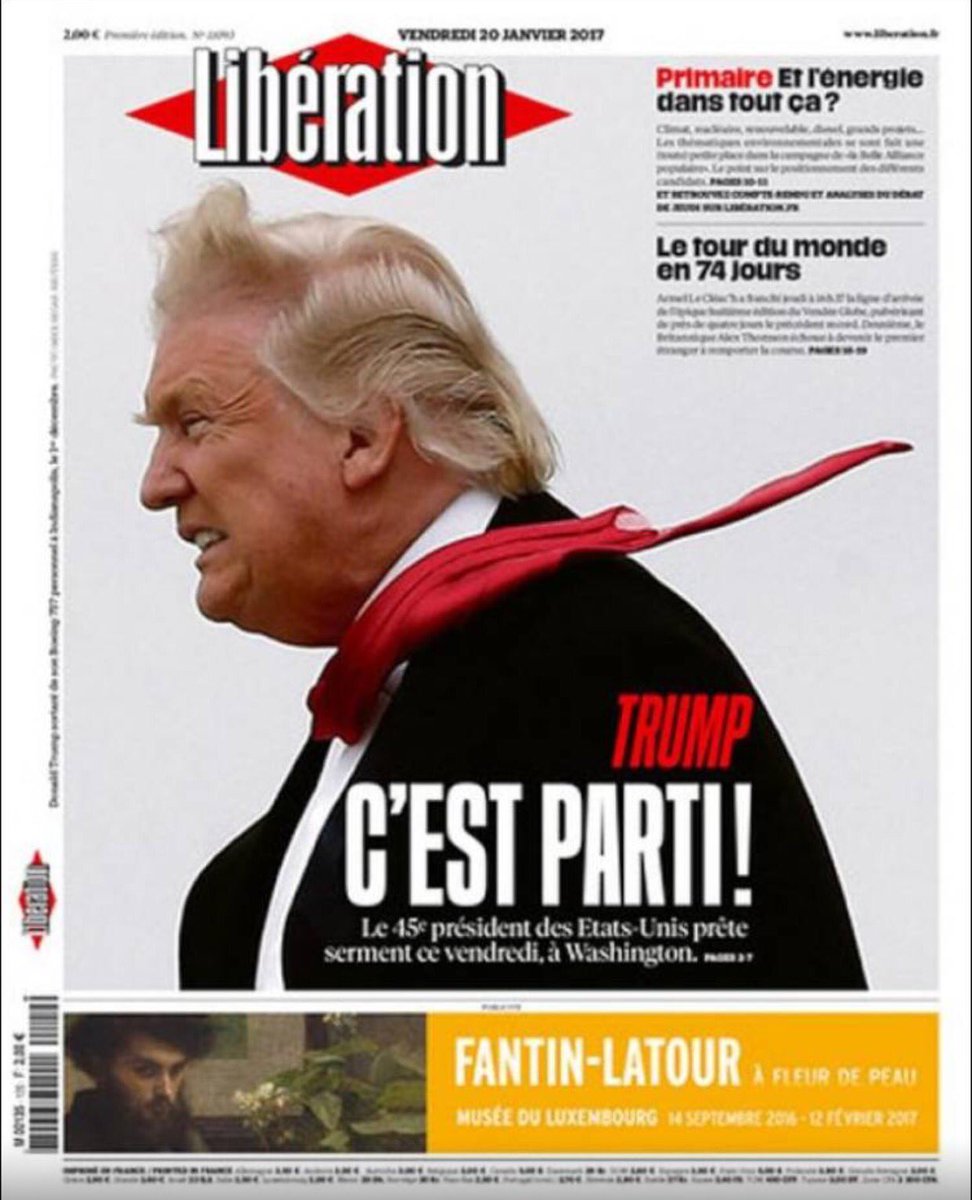
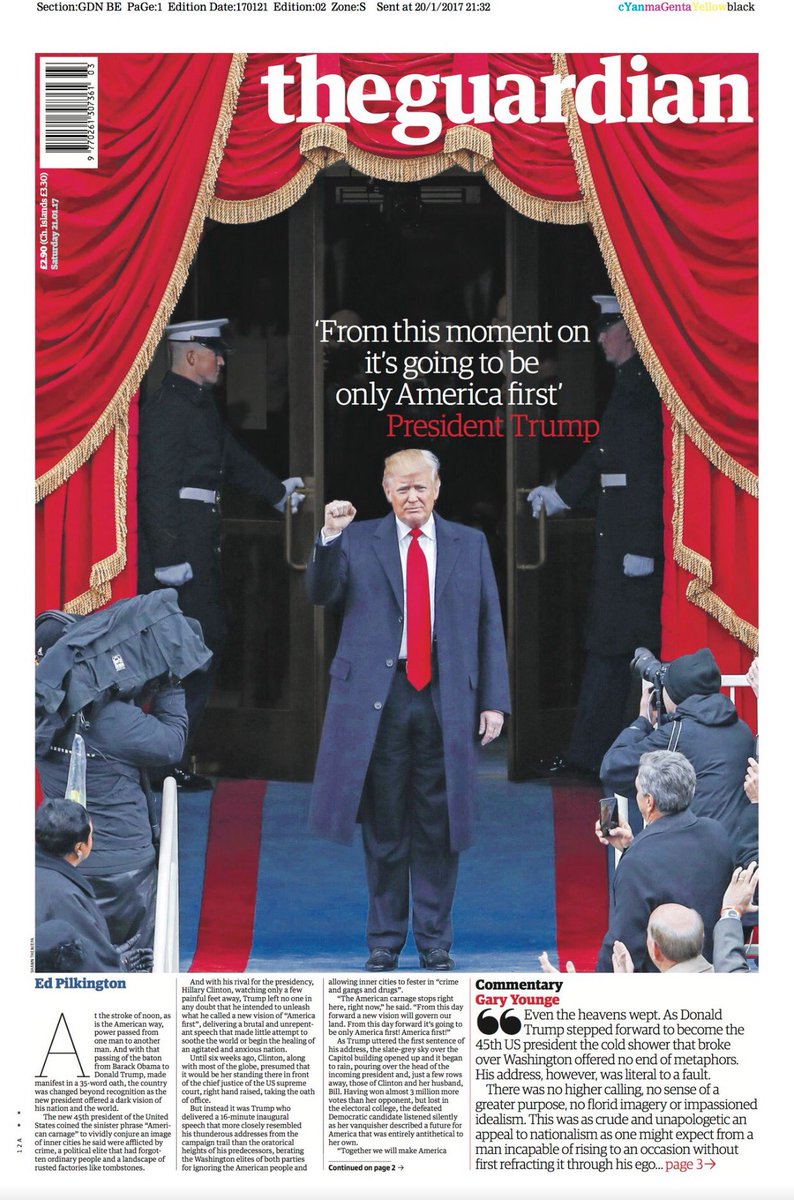

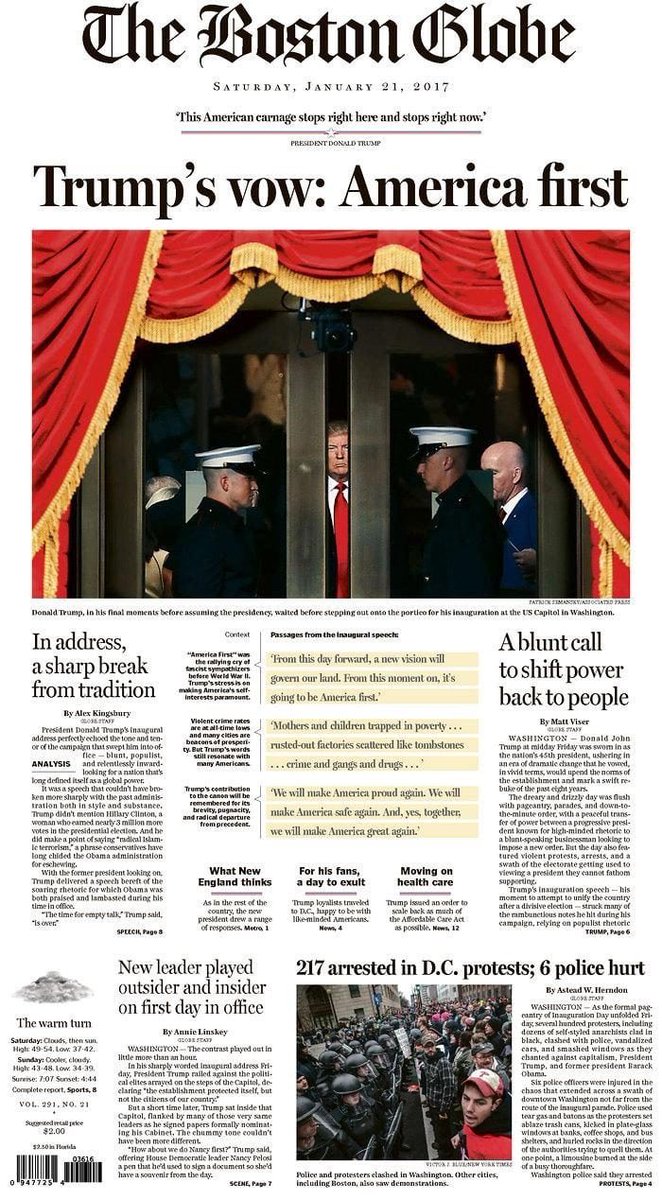
Some #trump #frontpages from all over the world... #1: image via coverjunkie @coverjunkie, 21 January 2017
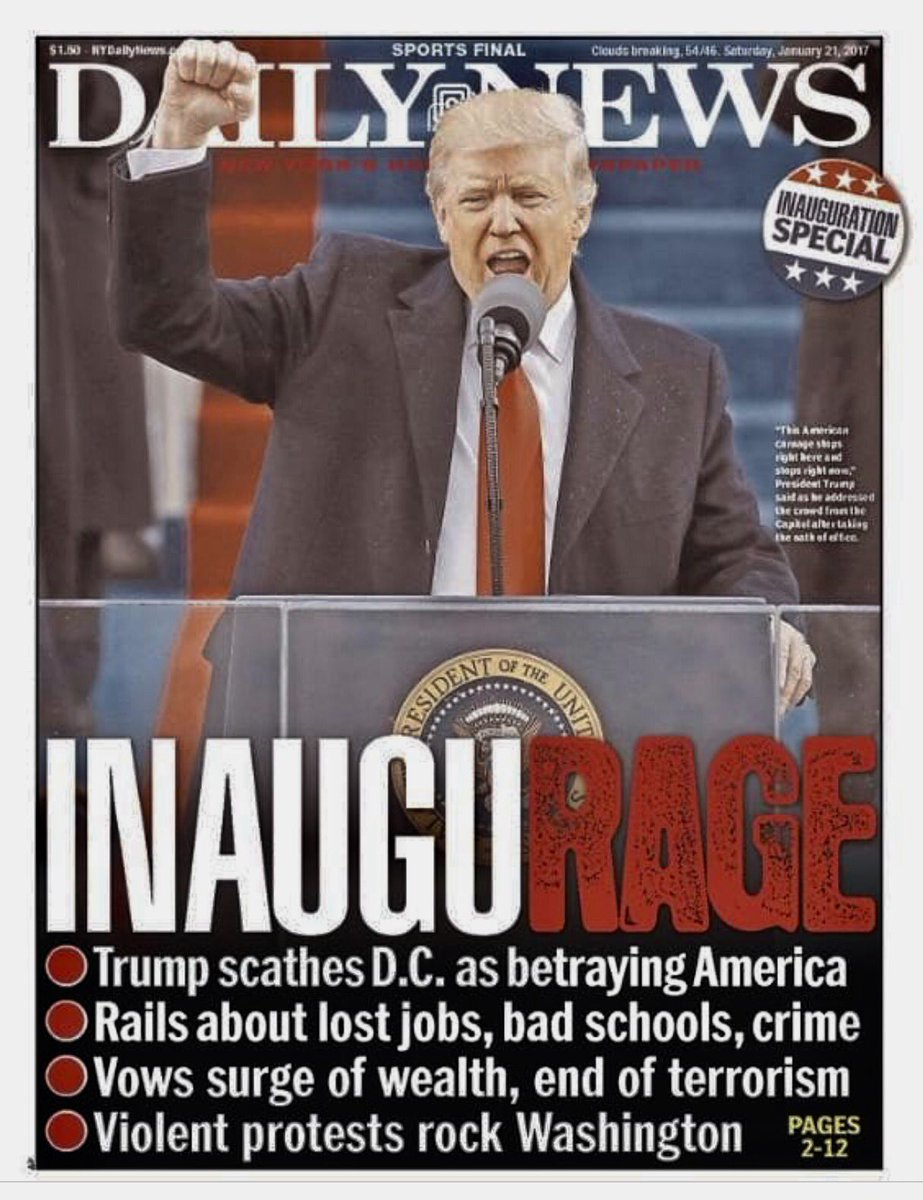



Some #trump #frontpages from all over... #2: image via coverjunkie @coverjunkie, 21 January 2017
Jorge Luis Borges: Martín Fierro (The hollow opacity of a nationalist myth)

What a cover! #newyorktimesmagazine: image via Jazwiecki Maciej, 22 January 2017
Jorge Luis Borges: Martín Fierro
De esta ciudad salieron ejércitos
que parecían grandes y que después lo fueron por la magnificación de la
gloria. Al cabo de los años alguno de los soldados volvió y, con un dejo
forastero, refirió historias que le habían ocurrido en lugares llamados
Ituzaingó o Ayacucho. Estas cosas, ahora, son como si no hubieran sido.
Dos tiranías hubo
aquí. Durante la primera, unos hombres desde el pescante de un carro que
salía del mercado del Plata pregonaron duraznos blancos y amarillos; un
chico levantó una punta de la lona que los cubría y vio cabezas
unitarias con la barba sangrienta. La segunda fue para muchos cárcel y
muerte; para todos un malestar, un sabor de oprobio en los actos de cada
día, una humillación incesante. Estas cosas, ahora, son como si no
hubieran sido.
Un hombre que sabía
todas las palabras miró con minucioso amos las plantas y los pájaros de
esta tierra y los definió, talvez para siempre, y escribió con
metáforas de metales la vasta crónica de los tumultuosos ponientes y de
las formas de la luna. Estas cosas, ahora, son como si no hubieran sido.
También aquí las
generaciones han conocido esas vicisitudes comunes y de algún modo
eternas que son la materia del arte. Estas cosas, ahora, son como si no
hubieran sido, pero en una pieza de hotel, hacia mil ochocientos sesenta y
tantos, un hombre soñó una pelea. Un gaucho alza a un moreno con el
cuchillo, lo tira como un saco de huesos, le ve agonizar y morir, se
agacha para limpiar el acero, desata su caballo y monta despacio, para que
no piensen que huye. Esto que fue una vez, vuelve a ser, infinitamente;
los visibles ejércitos se fueron y queda un pobre duelo a cuchillo; el
sueño de uno es parte de la memoria de todos.
Martín Fierro
Out of this city marched armies that seemed to be great, and
afterwards were, when glory had magnified them. As the years went by, an
occasional soldier returned and, with a foreign trace in his speech,
told tales of what had happened to him in places called Ituzaingo or
Ayacucho. These things, now, are as if they had never been.
Two tyrannies had their day here. During the first some men coming
from the Plata market hawked white and yellow peaches from the seat of a
cart. A child lifted a corner of the canvas and saw unitario heads with
bloody beards. The second, for many, meant imprisonment and death; for
all it meant discomfort, a taste of disgrace in everyday acts, an
incessant humiliation. These things, now, are as if they had never been.
A man who knew all words looked with minute love at the plants and
birds of his land and described them, perhaps forever, and wrote in
metaphors of metal the vast chronicle of the tumultuous sunsets and the
shapes of the moon. These things, now, are as if they had never been.
Here too the generations have known those common and somehow eternal
vicissitudes which are the stuff of art. These things now, are as if
they had never been. But in a hotel room in the 1860’s, or thereabouts, a
man dreamed about a fight. A gaucho lifts a Negro off his feet with his
knife, throws him down like a sack of bones, sees him agonize and die,
crouches down to clean his blade, unties his horse, and mounts slowly so
he will not be thought to be running away. This, which once was, is
again infinitely: the splendid armies are gone, and a lowly knife fight
remains. The dream of one man is part of the memory of all.



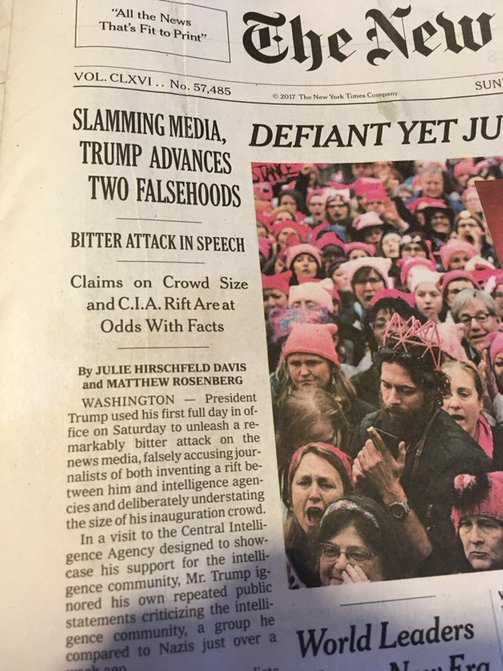





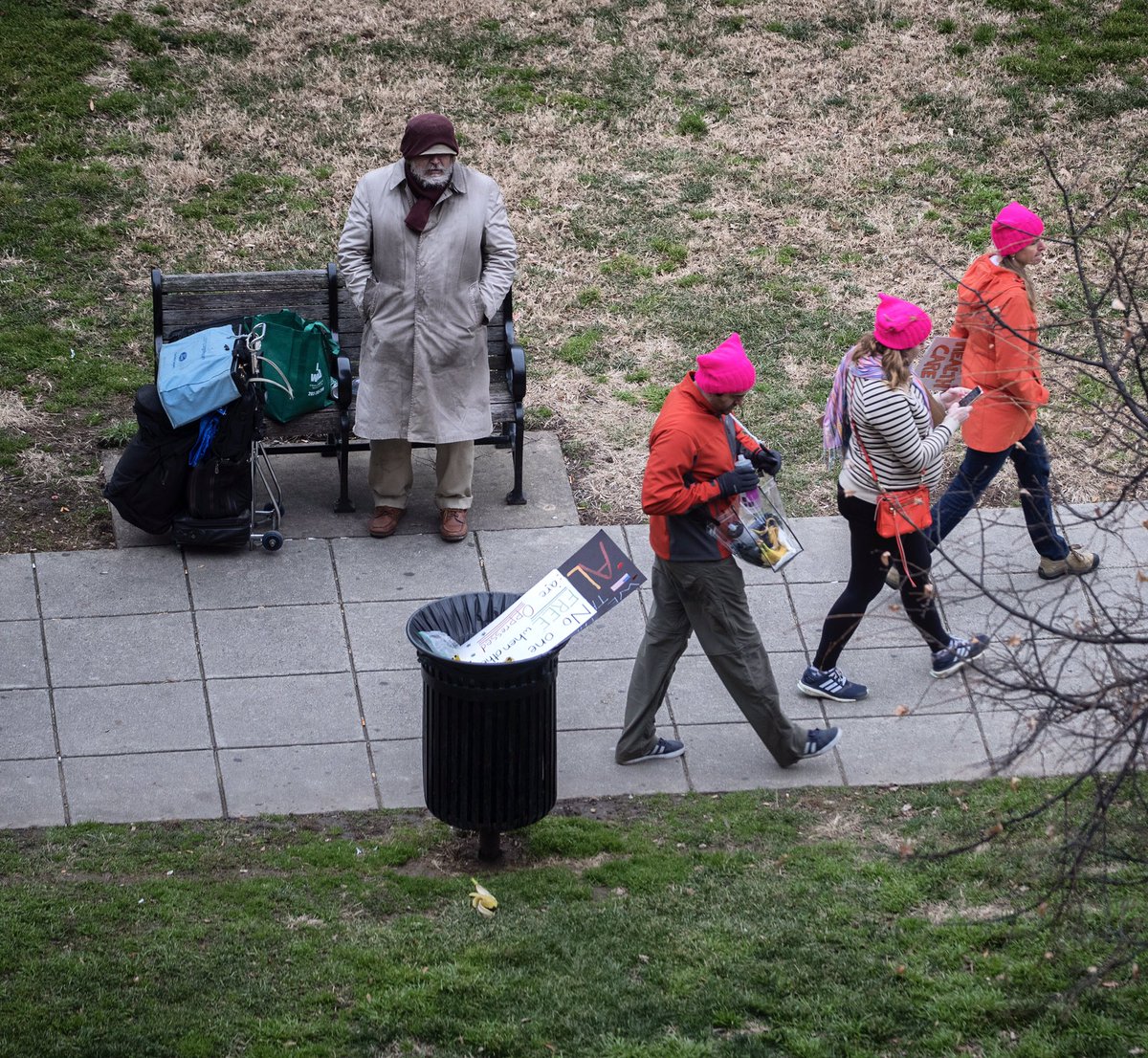














1 comment:
The Chipmunks: Let's Go (ft/ Simon, Theodore & Alvin)
"...i made up a word, and then i used it wrong!"
Post a Comment